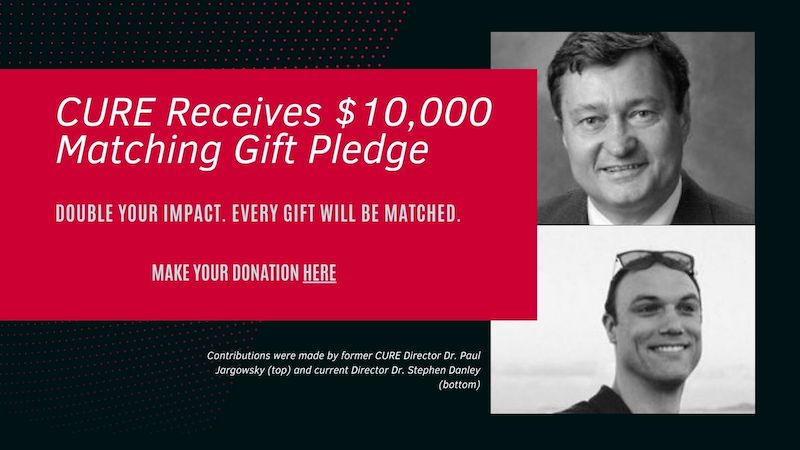Dylan O’Donoghue is a PhD Candidate at Rutgers University-Camden in the Department of Public Affairs/Community Development. She is community-engaged scholar focusing on labor, immigration, and organizing. This summer she served as one of CURE’s Community First Fellows and was placed with the No Arena Chinatown movement in Philadelphia, where she supported the movement’s work to raise public awareness about the impacts of the potential arena on the local community. As a GA for CURE, she has worked as the Cities and Justice Initiative lead over the past two years.
This is my second year as a Graduate Assistant at CURE. One of the best things about the job is that not only do I work on other faculty projects, but I’ve gotten the chance to bring my own research agenda under the CURE umbrella. For me, that means having support to pursue abolition work. I want to share some of that work with the wider CURE community – including the story behind my recent publication with Dr. Tanisha Cannon on banning slavery (in the form of prison labor) in prisons. That work was recently published by Metropolitics and featured by the United Nations Special Rapporteur on Modern Slavery Here’s the story of how it happened:
Dr. Tanisha Cannon and I met at the Abolitions conference hosted by the University of California in DC, where she and others from Legal Services for Prisoners with Children (LSPC) were presenting about their organizing efforts. I attended that conference with Dr. Stephen Danley to present our research on local movements to abolish university special tax status. Attending this conference focused on Abolition, and this subsequent collaboration builds on CURE’s vision of finding community-based and alternative solutions to address systemic issues in urban settings.
In the fall of 2023, I interviewed Tanisha as part of my work under CURE’s Cities and Justice initiative. We discussed her work as LSPC’s Managing Director, and the organization’s advocacy efforts to end slavery in California’s prisons. In California, like many states across the U.S., there is an exception to the 13th Amendment that allows slavery to be used as a punishment for crime. LSPC and other organizations have fought hard to change this harmful practice. After years of advocacy efforts, this issue is on the ballot, and in November 2024, California voters will decide whether to end this practice (learn more about Prop 6).
Tanisha and I used the interview to work on two projects together. The first project was a report to the United Nations Special Rapporteur on Modern Slavery. We outlined conditions of slavery in prisons, legal concerns, and policy suggestions. In August of 2024, the Rapporteur released their findings on slavery in prisons and cited our submission multiple times in their Human Rights Council Report, highlighting the ways that California’s prisons deny human rights during forced prison labor. The second project was an article in Metropolitics, which features our interview and narrative on how prison slavery creates challenges in urban settings. We also discuss how LSPC conducts its essential work and accepts funding.
This work builds on my dissertation research which uses an Abolition Feminist theoretical framework to explore how labor exploitation in migrant labor is related to the carceral immigration system. Exploitation under a carceral immigration system impacts the safety and stability of workers and their communities. Using a similar lens, Tanisha and I explain in the Metropolitics article that forced prison labor not only impacts incarcerated people, who are disproportionately black and Latinx, but also their communities and cities. This modern-day example of slavery does not promote rehabilitation; it causes incarcerated people harm and squeezes resources from their support networks, which are primary resources when people leave prison. This extraction of emotional and financial resources creates further challenges for the health and safety of communities.
I hope you will consider reading and sharing our work!
– Dylan O’Donoghue


